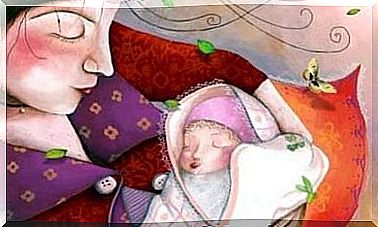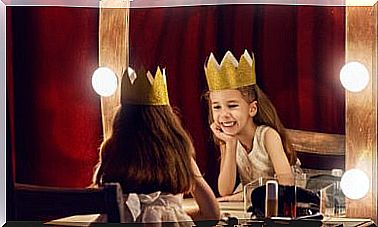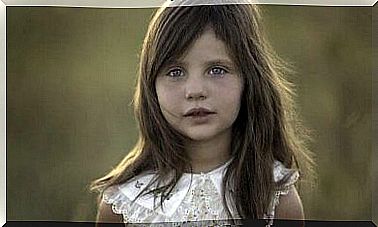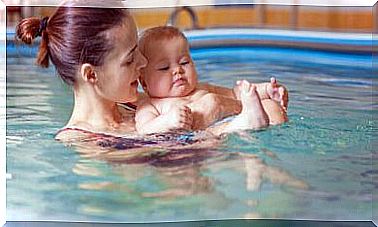Toxic Parents: Here’s How To Identify Them
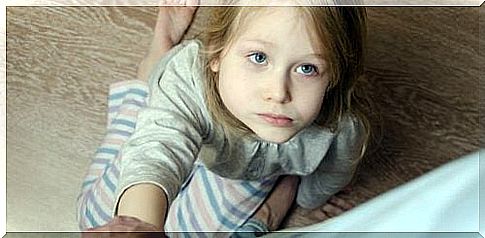
Parenting is a difficult task. Many times we ask ourselves if we are doing the best we can, without stopping to consider whether everything we do for our children we do for their happiness or for ours. And this is where the so-called toxic parents come into play, those who believe they are helping and protecting their children but who actually do nothing but harm them, unknowingly.
From the moment we become parents, our only concern is the well-being of our little ones. We want to offer them all the opportunities that we have not had, to leave them at their fingertips. In this way, however, our children do not realize how much effort and effort they have cost us.
Other times, however, we are too serious or strict. And this is also negative. The same happens when we put our needs before theirs or when we want them to do what we think they should do, at all costs.
This is why we must ask ourselves the following question: how to recognize a toxic parent?
The types of toxic parents
Parents helicopter
They are those parents who tend to be overprotective with their children, taking on all their responsibilities and problems, such as interchanging their teachers for them or choosing the right friendships for them.
In the long run, the children end up suffering from anxiety and stress disorders.
Parents’ behavior prevents them from developing their independence adequately and dealing with certain situations that help them mature emotionally.
Competitive parents
They are those toxic parents who project frustrations and desires onto their children.
They are generally authoritative people , who force their children to always get the best grades or to excel in any discipline, even if it involves hours and hours of work. Most of the time, they never stop to ask their children what they really want.
Parents of this type end up creating very competitive adults, afflicted with stress problems, thirsty for confirmation and acceptance, and with low self-esteem.
The “marshmallow” parents
At first glance, in the eyes of a child, they are the ideal model of parents: permissive, generous and complacent.
They never set limits on their children and satisfy their every whim, convinced to make them happy. In reality they are only making them selfish and even more capricious children.
They are generally people who have received a strict education and who do not spend too much time at home. They try to make up for the emotional shortcomings of their children by giving gifts or giving excessive freedom.
The manipulators
These are those parents who expect their children to do what they want. They very often use emotional blackmail, psychological abuse (in extreme cases even physical) and manipulation.
They raise children who develop a huge sense of inferiority and guilt and who are easily manipulated.
They are victimizers, capable of lying or misrepresenting conversations for their own benefit. They are basically characterized by their own selfishness.
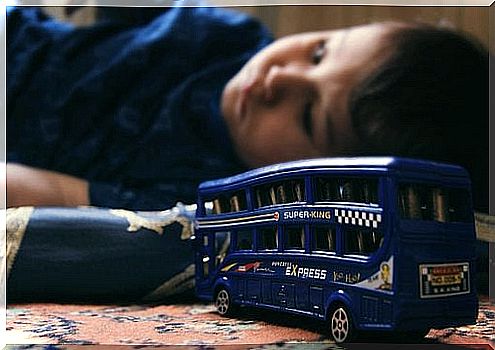
The absent parents
As the title says, they are almost never present in their children’s lives. Sometimes for work reasons, other times due to a marital separation.
Children experience a great feeling of abandonment and important emotional deficiencies. Many of them feel hatred and admiration for this type of parenting figure.
These toxic parents do not make their children a priority.
The friends
They try to be best friends with their children. Like marshmallow parents, they set no limits, convinced that this way their children will love them more. They often use expressions that they consider “youthful”, have inappropriate behaviors and are excessively permissive.
They generally maintain the same attitude in front of their children’s friends, often arousing in the latter a feeling of rejection and shame.
This attitude means that they are not taken seriously. They are not seen as authoritative figures and therefore are not respected either. This creates a serious distance between them and their children.
Is there a solution to these attitudes?
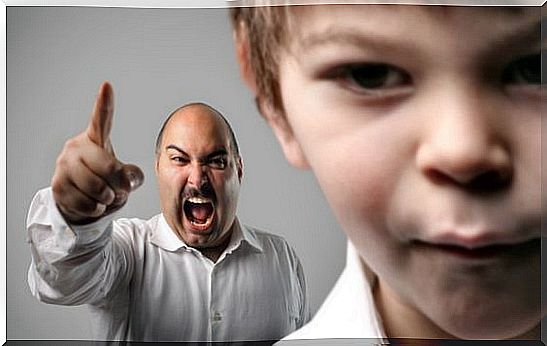
If you have identified with any of these groups, you still have time to change your behavior. There is no point in punishing yourself or feeling guilty: the important thing is to be aware of the problem. Sometimes we can become toxic parents because we want the best for our children. The problem is that what is good for us is not always really good.
There is only one childhood and your child needs to spend it with you. Despite all the paternal and maternal figures that surround him, you will always and only be his point of reference. You must be attentive to his needs and try to treat him with the greatest possible empathy, because no one knows him better than you.
We must not forget that children are always people with their own fears, desires and feelings, which are just as important as those of adults. For this, they must be respected and valued, because it is on how they feel in childhood that the rest of their life depends.


